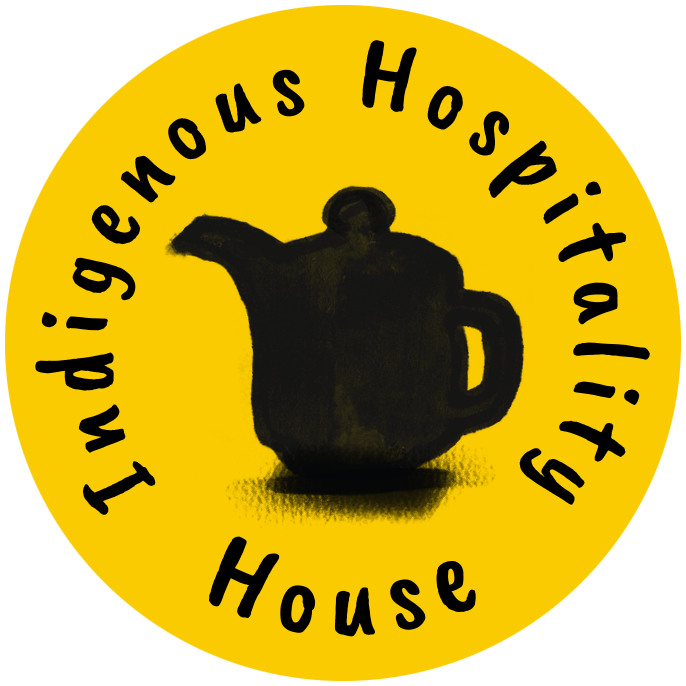I spent this weekend at Budj Bim, a land where Indigenous people were one of the first practitioners of aquaculture in the world. I had a chance to learn from conversations with others, as well as from time spent in reflection; here’s just a bit of it.
On Sunday morning, I decide to go for a walk along one of the hiking paths to find a peaceful place to read my Bible. After a quick stroll, I park myself on a bench dedicated to Reginald Saunders, the first Aboriginal general, who led a team of 150 soldiers during the Korean War. I feel like reading a psalm because I associate psalms with nature, but then I remember that in my reading plan I’m on Psalm 51, which is a psalm of repentance. At first, I don’t want to read it, thinking that land and nature don’t have much to do with repentance. But staring at Saunders’ memorial makes me reflect on the fact that I am on Indigenous land, and I change my mind.
Reg Saunders' memorial.
The psalm opens with the lines, “Have mercy on me, O God… for I know my transgressions, and my sin is ever before me.” My mind ponders the question, “In relation to my presence on Indigenous land, is there anything I need to repent of?” The first thing I think of is the history of colonization. In 1788, Britain sent convicts on ships to Australia, who largely mistreated Indigenous people and decimated their populations with disease and violence. In over 200 years since then, a formal treaty has never been established between Indigenous people and Australians, and the former have essentially had their land stolen.
A wrestling war in my head begins.
Yeah, but that was bad people, the convicts; good people in the church wouldn’t do that.
Actually, the church has contributed to this injustice by introducing missions that discouraged Aboriginal people from practicing their culture, destroying parts of their heritage that may never be recovered.
A cross at the Lake Condah mission we visited.
Yeah, but at least you’re not part of it; you’re just in Australia for ten months, you never contributed to any of this.
Actually, you’re directly benefiting from the effects of colonization, not only in Australia but also in the U.S.
If Americans never decimated the Native American population, and if Australians never took over Indigenous land, I might have never had the chance to travel from the U.S. to Australia on an exchange scholarship. As a research exchange scholar, I am a direct beneficiary from colonization in two countries, and my previous ignorance of this is something of which I need to repent. Even as just a resident in the US, I have benefitted from the mere fact that I live on stolen land, something I never seriously considered up until now. I need to repent of thinking that I am innocent, of turning a blind eye to all the Native Americans and Indigenous Australians that have been oppressed so that I could be in this position of privilege. My wrongdoing is analogous to watching Person A beating up Person B, then going out with Person A for dinner using Person B’s money, all the while without acknowledging Person B at all.
So what am I, are we supposed to do in light of this dark history?
David pleads to God, “Create in me a clean heart... Restore to me the joy of Your salvation.” The situation indeed is bleak, and with our darkened hearts there’s little that we can offer. Our only hope is for God to transform our hearts and to be reminded of God’s perfect plan of salvation. It’s a salvation that isn’t limited just to the souls of Christians, but a salvation that brings peace for all, including Indigenous Australians, Native Americans, and their stolen land.
It’s easy to want to do a lot, at least for myself, when I realize that I’m also culpable. It’s a way to ease my conscience, to quell my guilt. But David says, “For you will not delight in sacrifice, or I would give it; you will not be pleased with a burnt offering. The sacrifices of God are a broken spirit; a broken and contrite heart, O God, you will not despise.” My heart can be calloused, insensitive to injustices that seem removed from me; instead of springing into action immediately, I need to sit in the sadness and allow room for my heart to be changed.
I’ll admit that I don’t know the way going forward. If anything, this weekend I’ve learned that issues surrounding land sovereignty, self-determination, and reconciliation are so complex. Learning from his experience of sin and repentance, David promises, “Then I will teach transgressors your ways, and sinners will return to you.” In a sense, we are all collectively transgressors: as Americans, as Australians, as Christians who have wronged Indigenous peoples. At the very least, I hope to open the eyes of other “transgressors,” and I invite you to join me in this journey of confession and repentance.
- Ben



